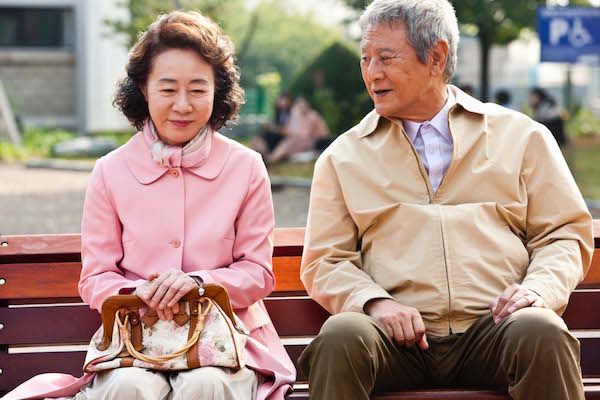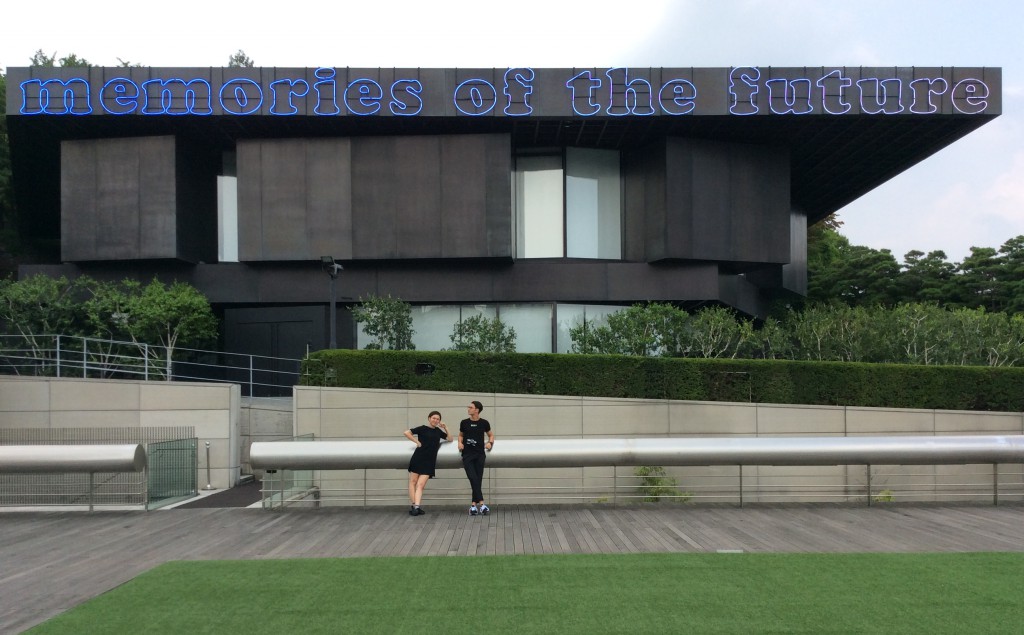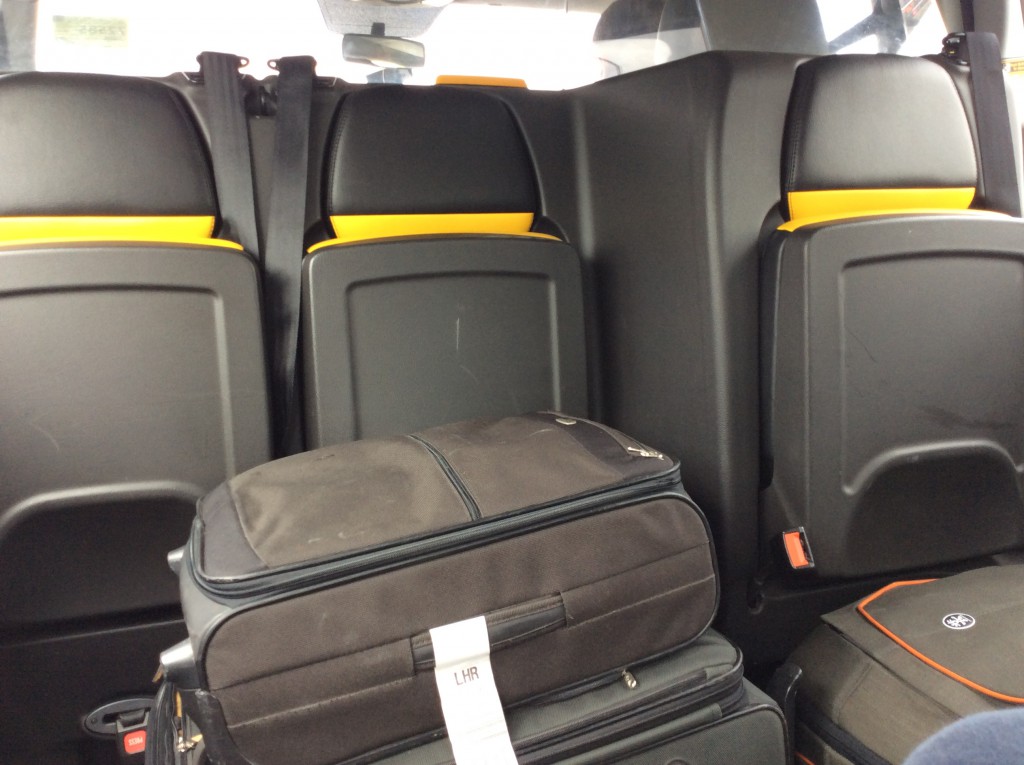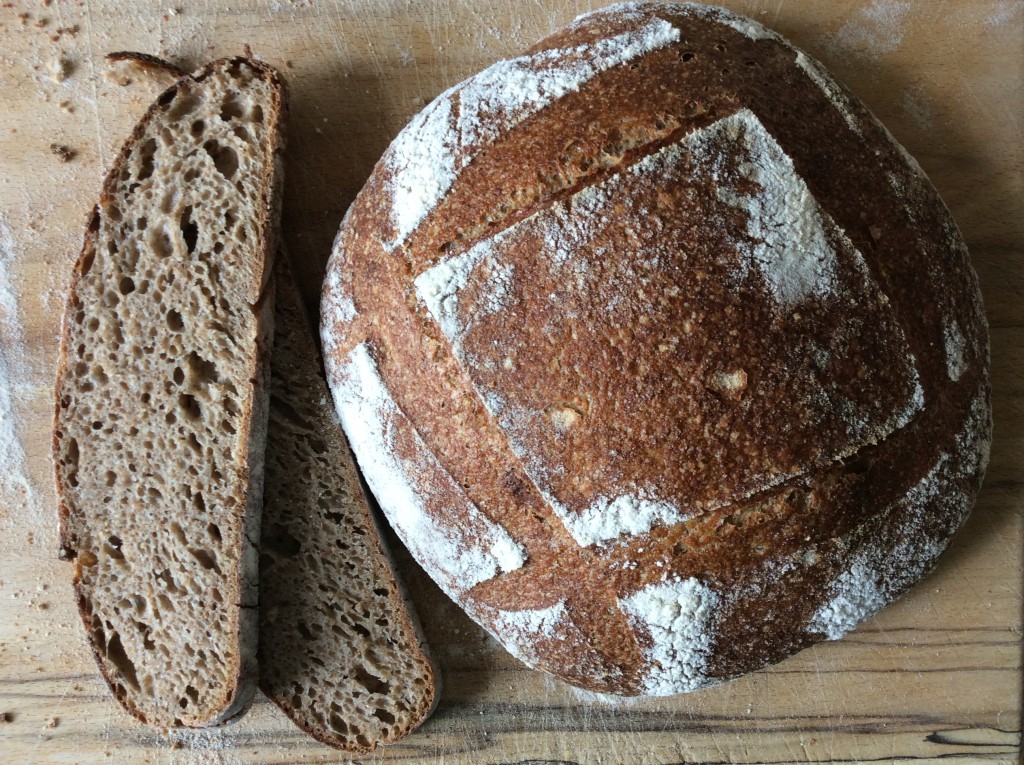Diary: Tuesday 04 August
After a wonderful eight days in Seoul it is time to return to London.

Here is a review of the film Salut D’Amour which I watched on the flight back.
Well, this turned out to be a tearjerker par excellence. It started out ostensibly as a portrait of a community in need of modernisation. In Korea, as in so many parts of East Asia, investment and economic growth come in the form of land development.
The premise is simple. In any growing city, land is scarce. In older or traditional communities, a developer offers money (and sometimes an apartment in the new development) in exchange for the land owner giving up his plot of land.
Young people understand and embrace this change, but older people cling on to their settled ways and oppose high-rise apartment blocks, as they are used to living in low-rise and usually individual houses.
We see the interactions of the people who live and work in this community. There is the boss of a supermarket, who is a widower. We see the divorced owner of a newly opened flower shop and her elderly mother. Most of all, the story is about the elderly man who lives in the area and who works at the supermarket as a shelf packer.
When the elderly woman takes an interest in the elderly man, as she is his neighbour and worries that he lives alone, the community work together help him ask her out and to make a good impression on her.

What follows are some very funny scenes. The supermarket boss teaches the elderly man how to: order food in a Western-style restaurant, use a credit card and sign the slip, wear a suit jacket, buy and use a mobile phone. All these things will show that he is not stuck in old-fashioned ways. Most importantly, listen to what the elderly woman is saying…if she says she can’t decide whether to eat Korean food or something else, it means she definitely wants to eat Korean food.
There is a sub-plot, in that the community is waiting for the elderly man to stamp his seal on a document which will give the go-ahead for the land development. He is the last ‘signatory’ and swears he is never going to do this. Halfway through the film I got suspicious of the elderly woman as it appeared she was working with the developers to get the he elderly man to agree to sell his land.
I didn’t see it coming.
It turns out that two years earlier the elderly man was diagnosed with Alzheimer’s, or dementia. In his current day-to-day life he has no recollection that the boss of the supermarket is actually his son, the flower shop lady is his daughter and in fact, he bought the flower shop for the elderly woman who is his wife, to take care of her as he is losing his memory.
We understand this when the diaries he has been writing up to this point are read to us. I was grateful to watch this alone in a darkened cabin with no occupant in the seat next to me…crying is not something I like sharing.
I love flying and have for some time been thinking about luggage allowance as an analogy of our life memories. Whether we fly Economy or First Class, there is always a limit to the baggage we can carry.
Looking back…looking forwards: Leeum Samsung Museum in Seoul

So it is as we get older. Some of us, with good health and a sound mind, are fortunate to be able to hold more memories than others. Ultimately though, we can only hold so much, and what we decide to carry is important. We have a choice whether to carry happy memories or bitter memories. It takes up the same space, so why hold on to the sadness of one’s life?
Towards the end of the film, the elderly man and the elderly woman enter a cathedral. He feels he has been there before but cannot remember why. It turns out this is where they were married when they were young. In a later scene, he returns to the cathedral and proposes to the elderly woman and says that she has to promise that whoever dies first, the other will not cry, because the parting will be for a short time and they will see each other again.
The final scene sees the both of them in a care home where the elderly man introduces himself to the elderly woman. He tries and tries to remember his name but is not able to. A flashback to his youth, around 40 to 50 years earlier, shows him introducing himself for the first time to his future wife: “My name is Kim Sung-chil”. She tells him her name is Im Geum-nim. He comments that it is a noble name. It is then that we realise he has just had the same conversation with his wife, when he thinks she is the elderly woman who has just moved in next door.
Our memories of South Korea are always happy ones. This will keep me going for the rest of the week as I tackle the laundry and get back to household cleaning: Junior 1 and Mr Gochugaru have been keeping each other company and I am wondering about the state of the house on our taxi ride back home.
As it turns out, the house is in no worse shape than when I left, and Junior 1 has made us two beautiful loaves of sourdough bread. I should go away more often.

